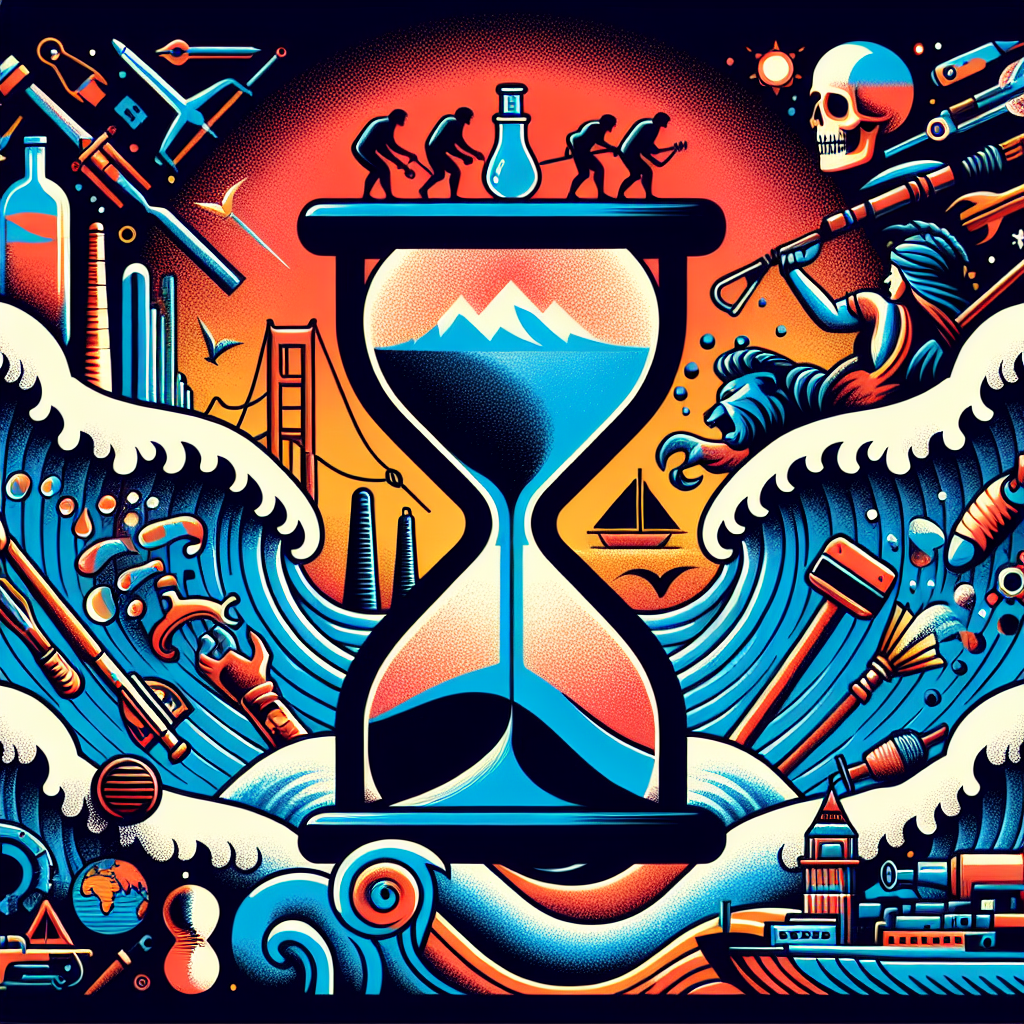The Boston Tea Party: A Tipping Point in American History
In the annals of history, few events have been as influential as the Boston Tea Party. This act of rebellion took place on the night of December 16, 1773, when a group of colonists from Boston, dressed as Native Americans, boarded several British ships and dumped load of tea into Boston Harbor.
Beyond A Simple Act of Protest
The Boston Tea Party was more than just a protest against the Tea Act of 1773, it was a significant event that altered the relationship between the American colonies and their British rulers. It showcased the growing dissatisfaction with British rule, and ignited a revolutionary spirit among the American people that would eventually lead to the American Revolution.
The Assassination of Archduke Franz Ferdinand: The Catalyst for World War I
The assassination of Archduke Franz Ferdinand of Austria and his wife Sophie on June 28, 1914, in Sarajevo, Bosnia, set a series of events in motion that eventually led to the outbreak of World War I.
A Shock Wave through the Global Power Structure
The assassination sparked a global crisis. It led to Austria-Hungary declaring war on Serbia, which had ties to Russia, a key ally of Serbia. This set off a chain reaction of alliances, drawing in Germany, France, and eventually the UK. The result was a calamitous world war that lasted four long years and claimed the lives of millions of people.
The Fall of the Berlin Wall: A Symbol of Freedom
For 28 years, the Berlin Wall stood as a symbol of the division between East and West Germany. But on November 9, 1989, everything changed. The announcement from East Berlin that its citizens were free to cross the border sparked an immediate frenzy, with thousands flocking to the wall to tear it down.
Changing the Course of Western Politics
The fall of the Berlin Wall marked the end of the Cold War and the beginning of a new era in world affairs. It signified the collapse of communism in Eastern Europe, leading to the reunification of Germany and fundamentally reshaping the world’s political landscape.
The 9/11 Terrorist Attacks: A New Era of Conflict
The terrorist attacks of September 11, 2001, were unprecedented in their scale and impact. The attacks, orchestrated by al-Qaeda, resulted in nearly 3,000 deaths and caused about $10 billion in property damage.
Resulting in Global Repercussions
Beyond the immediate death and destruction, the 9/11 attacks had lasting consequences. They led to the US-led invasions of Afghanistan and Iraq, and kickstarted the global war on terror, a conflict with broad and long-term implications for international politics and warfare.
The 2008 Global Financial Crisis: A Shaking of Economic Foundations
Few events have had a greater impact on our current world than the 2008 financial crisis. Triggered by the collapse of the US subprime mortgage market, the crisis quickly spread globally, leading to the most severe economic downturn since the Great Depression.
The Fallout from the Crisis
The financial system’s almost complete collapse led to governments worldwide enforcing drastic measures to stave off total disaster. These events have reshaped global economies, with many countries adopting stricter financial regulations and moving towards more protectionist policies.
In summary, history is punctuated by extraordinary events with effects that reverberate through time. These events fundamentally alter their era’s trajectory and help shape the world we live in today. Whether it’s acts of rebellion, unfortunate assassinations, or economic catastrophes, these significant episodes serve to remind us of the powerful influence of momentous events on our shared history.
